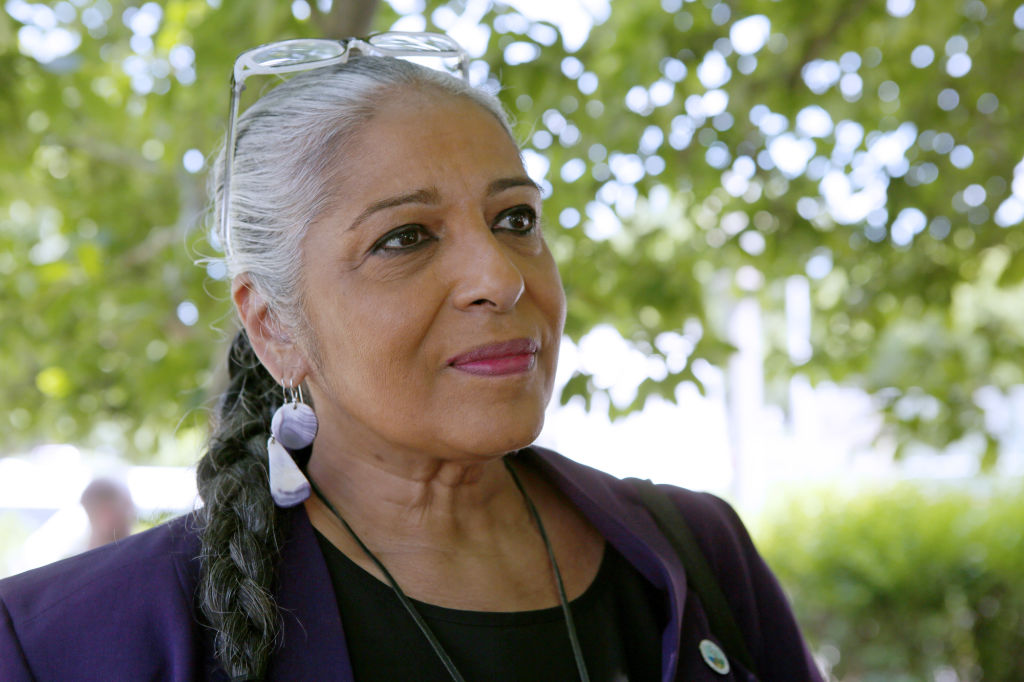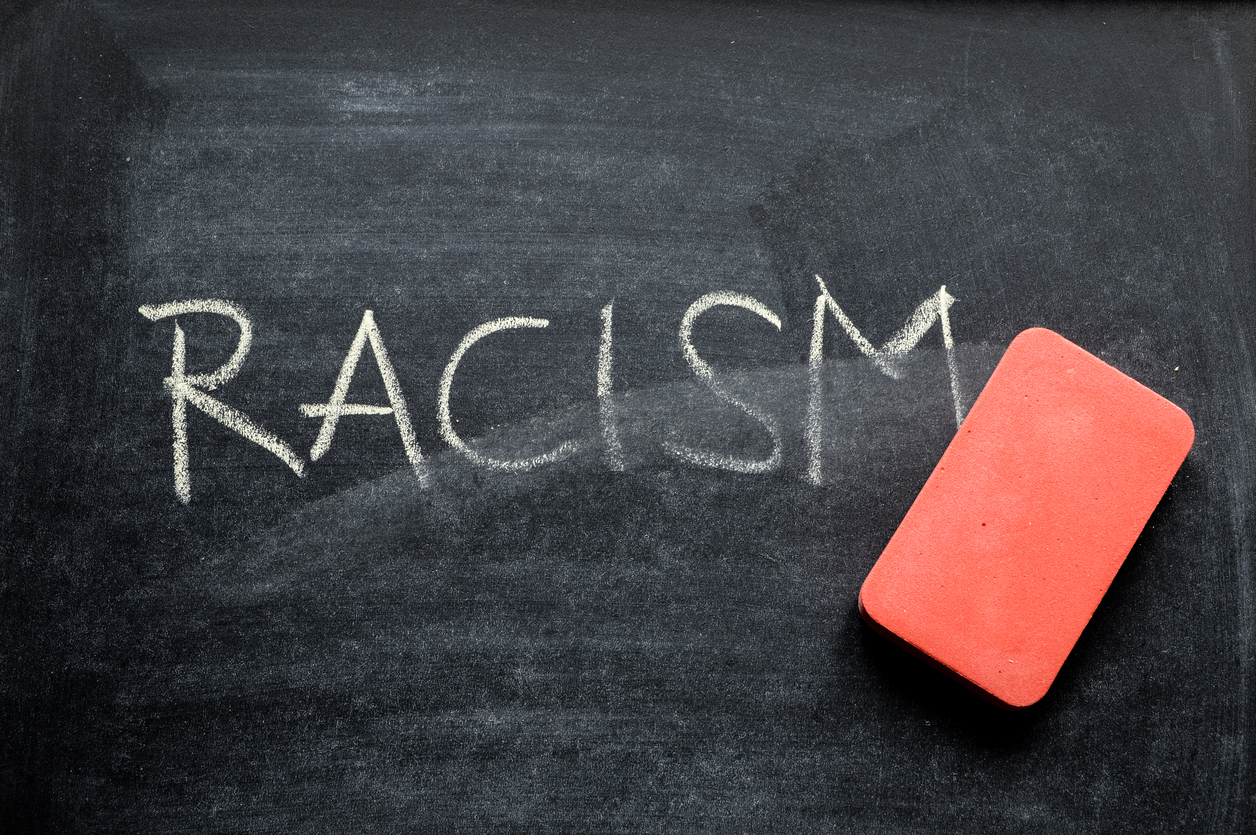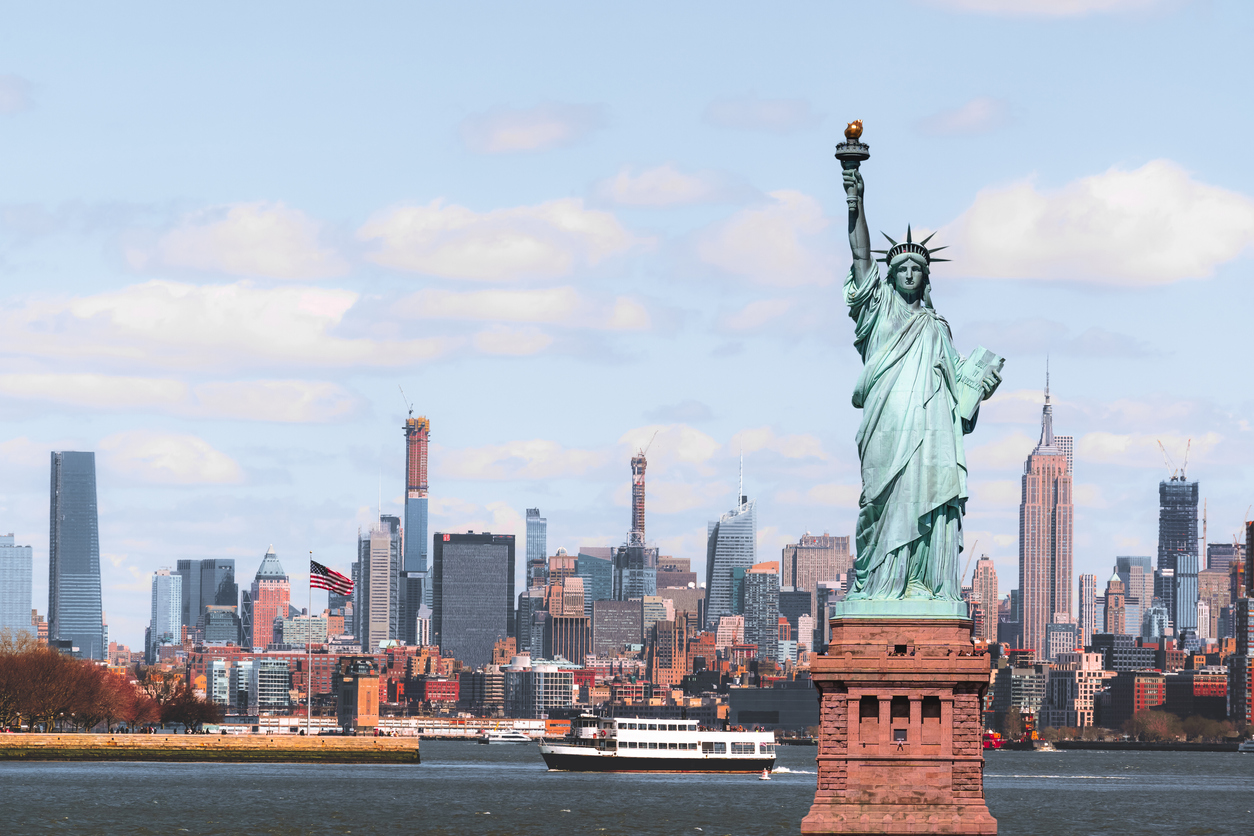This month, in addition to being National Native American Heritage Month, marks 400 years since the Mayflower landed in Plymouth. Here in Massachusetts—a state named after the indigenous people of the “Great Blue Hill”—many of us are settlers on stolen land. I spoke with Cheryl Andrews-Maltais, Chairwoman of the Wampanoag Tribe of Gay Head Aquinnah based on Martha’s Vineyard, to hear her perspective on this moment, and what we can learn from reflecting on the anniversary.
Charles Thomas Lai FitzGibbon
Recent Posts
"This is Where Our People Are": Reflections on Plymouth 400
Posted by Charles Thomas Lai FitzGibbon on November 20, 2020
Topics: American History, Native Americans
During this election season, educators are navigating conversations with their students about politics, race, and racism in ways that seem without precedent, all while facing real pressures to remain nonpartisan. This tension notwithstanding, it’s necessary to understand race and racism as a political issue of membership and power, rather than a partisan one of liberal or conservative ideology. Doing so creates space to more truly confront injustice in policy and practice. As educators, this critical distinction can help us have the nuanced discussions we aim to have with our students around civic engagement, with a historical lens that contextualizes our moment.
Topics: Reconstruction, Racism, race
Reckoning With Our Past: The Legacy of Migration and Belonging in US History
Posted by Charles Thomas Lai FitzGibbon on October 3, 2020
Fifty-five years ago this October 3rd, at the base of the Statue of Liberty, President Lyndon Johnson signed the Immigration and Nationality Act of 1965. “This bill is not a revolutionary bill,” explained Johnson. “It does not affect the lives of millions. It will not reshape the structure of our daily lives.” What it would do, he hoped, was eliminate the hypocrisy that had allowed the nation to embrace ideals of freedom and equality while sustaining discriminatory immigration policies that had effectively barred non-white migrants from entering the country for decades.
Topics: Immigration
History As Our Guide: Understanding What Divides, and What Connects
Posted by Charles Thomas Lai FitzGibbon on August 31, 2020
We ended last school year in a time of unraveling. On May 25th, 2020, George Floyd was murdered under the knee of Derek Chauvin while three other police officers stood by as accomplices. We as educators rose to support and hold space for our students to process and situate this moment in its larger movement, in defense of Black lives, and in the mourning of so many others. A reckoning took hold on the conscience of the nation, and James Baldwin’s words rang loud and clear: “History is literally present in all that we do.” We each were personally called to face our own positionality, our own biases, and our own complicity in sustaining systemic oppression—a call that is and will be ongoing.
Topics: Racism, Black History, Asian American and Pacific Islander History




